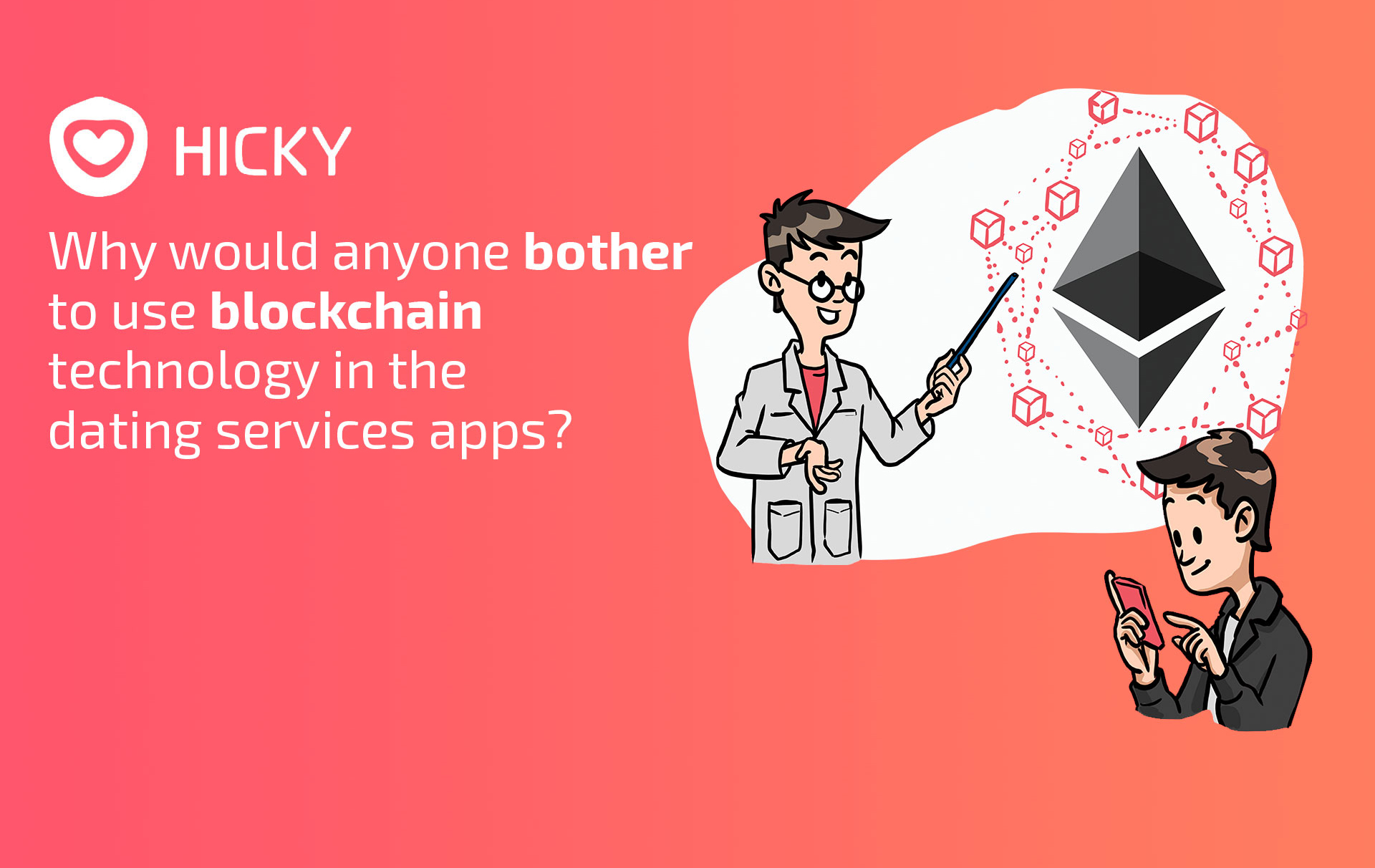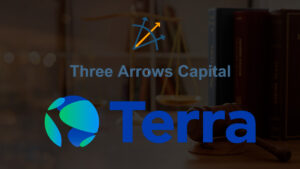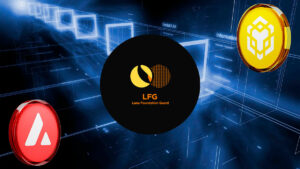Over the past several weeks, the social internet has exploded in chaos. A string of embarrassing revelations regarding Facebook and its misuse of a head-turning amount of user data has renewed our collective awareness of a system that we’ve all been complicit in for a long time. It turns out that sharing all of our personal information with data hungry, ad revenue fed corporations can have cascading effects that could ultimately impact our ability to connect with other people on the internet in a meaningful way.
For years, it felt like the social internet was riding a roller coaster that only went up, and now it is enduring a sudden, unexpected drop that’s leaving everyone nauseated. As the #DeleteFacebook campaign spreads like wildfire, it’s clear that we are entering a new iteration of digital relationships.
Of course, social media platforms like Facebook, Twitter, or Instagram aren’t the only services that comprise the social internet. In the past decade, online dating has become a ubiquitous part of the dating experience. According to the prominent online dating site, eHarmony, fully 40% of Americans participate in online dating. While the exact numbers vary, it’s apparent the online dating is extremely popular, and some studies conclude that as much as 5% of American couples met through an online dating service.
The online dating scene has many qualities that make it vulnerable to many of the same problems that are plaguing the social internet. For instance, social media isn’t the only platform that requires significant amounts of user data to bring people together in the real world. What’s more, the signal to noise ratio and the mismatch between men and women participating in online dating makes it ripe for a #MeToo moment that would be devastating for its users and the platforms themselves.
Providing a safe, secure online dating experience should be the highest priority for every dating site, so it’s worth considering what policies and procedures can best enable that to happen.
For online dating platforms, that future may be more about the technology that the policies that govern their use.
The Decentralized Dating Economy
In the past 18 months, the blockchain has emerged as a transformative new technology that can provide meaningful improvements to a variety of industries. Although it’s been around for nearly a decade, new blockchain platforms and the cryptocurrency boom are demonstrating its usefulness and novelty.
For the dating scene, several platforms are reorienting the online dating scene to ensure that it provides the best possible experience for those looking for a match. Here a few platforms that represent the best of what the blockchain can offer.
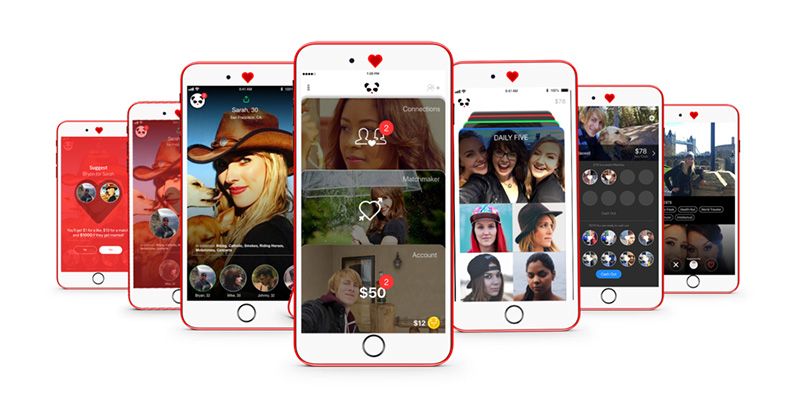
Ponder
Ponder is a decentralized mobile dating app that returns the human element to the online dating process. Rather than merely relying on generic algorithms to determine critical human connections, Ponder incentivizes the matchmaking process by allowing anyone to play matchmaker.
For example, if a Ponder user recommends a match, and that couple goes on a date, Ponder compensates the match-maker $10 for their efforts. Even more impressively, if this match is hugely successful and the couple gets married, then Ponder pays the match-maker $1,000. This value exchange happens quickly and seamlessly on the blockchain.
Moreover, its decentralized nature and tokenized data assets ensures that Ponder users are safe and secure while using the platform. Ultimately, a service like Ponder may be more effective than traditional platforms like Match.com and more secure than existing websites.
Hicky
Hicky is the first decentralized dating service on the Ethereum blockchain, and it brings some of the blockchain’s most compelling features to the online dating scene.
By tokenizing users’ information, Hicky can clarify the outrageous signal to noise ration that currently dominates online dating. Millions of messages are sent on these websites, but few are receiving responses, and even fewer are resulting in meaningful connections with another person. Hicky clarifies that process with their tokenized dating ecosystem.
Of course, these same features also make Hicky more secure and auditable than any other system. In short, users’ information is protected, but they are also held accountable for their actions so that everyone can participate with confidence.
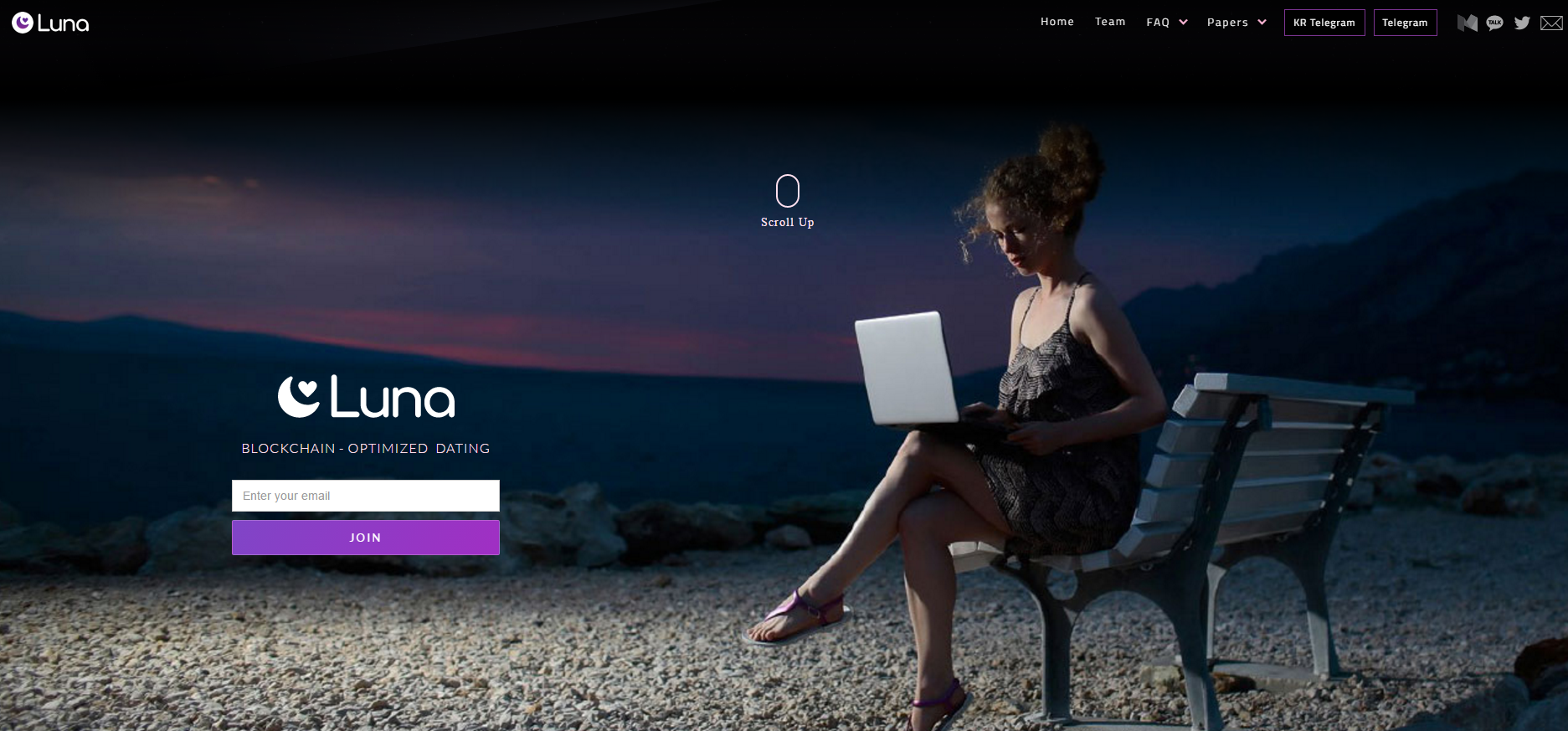
Luna
Luna is a decentralized dating platform that is all about ensuring that a user is earnest in their pursuit of a relationship. Using their native digital currency, users purchase the right to send a message to someone they might want to date, and they are limited in the number of messages they can send.
Therefore, Luna users are not inundated with spammy messages or uncommitted dating prospects. When the ability to send messages costs money, everyone can feel more confident in the sincerity of those messages.
The Main Message
With millions of people looking for meaningful, intimate connections through online dating platforms, it’s critically important that these services have their priorities aligned with users’ best interests. The blockchain gives new technology to a new breed of online dating services that can be more effective, secure, and compelling than their centralized counterparts.
Online dating doesn’t want to endure the next Facebook scandal, but they also want to effectively connect people. The blockchain ensures that they can do both.



